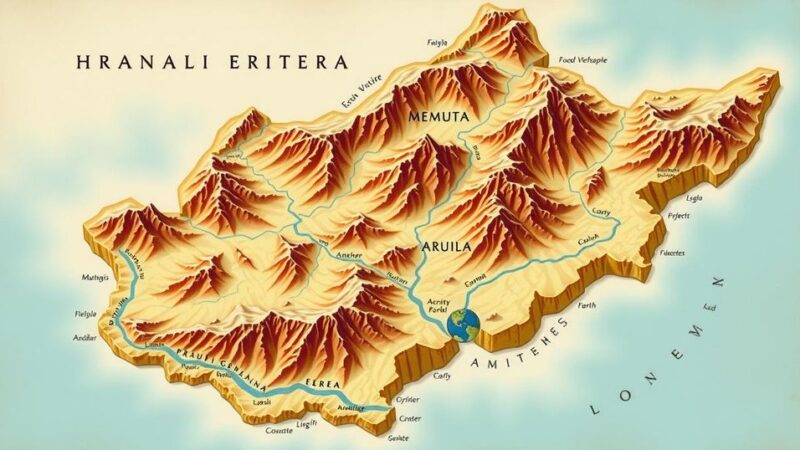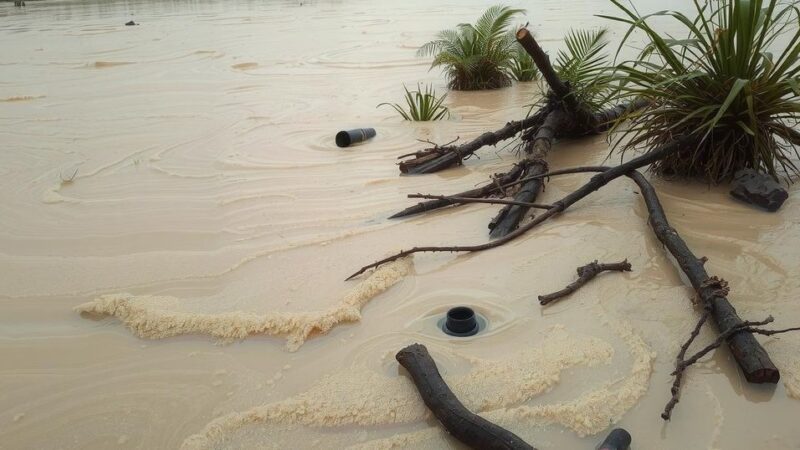The U.S. emphasizes respect for the DRC’s sovereignty amid ongoing violence, while experts argue that simply halting financial aid will not solve the crisis. Increased concerns about genocide ideology and calls for the removal of foreign troops highlight the urgent need for a comprehensive approach to peace.
The United States government has called for the recognition and respect of the sovereignty of the Democratic Republic of the Congo (DRC) amid escalating conflicts. With violence ablaze in the region, the U.S. emphasizes the importance of supporting the DRC’s autonomy and governance.
Additionally, various reports suggest that merely freezing financial assistance will not address the ongoing humanitarian crisis in the DRC. Experts contend that a more holistic approach is necessary to remedy the situation effectively.
Concerns have also been raised regarding the ideology of genocide in connection with the DRC-based armed group, FDLR, indicating a troubling trend that must be addressed to secure peace in the nation.
Former President Joseph Kabila has publicly called for the withdrawal of foreign troops from the DRC, urging for an end to foreign intervention that he believes aggravates the crisis.
Rwanda has expressed criticism towards Germany and Canada for their positions on the DRC crisis. The Rwandan government insists that the international community must be mindful of the complexities and historical context underlying the conflict.
The M23 group has issued a warning that it will not remain passive in the face of violence directed at the Banyamulenge community, condemning the military actions against them and advocating for protection.
In summary, the United States has advocated for the sovereignty of the Democratic Republic of the Congo in light of ongoing conflicts. Effective resolution of the crisis requires more than just the cessation of financial support. Moreover, addressing the rising threat of genocide ideology and evaluating foreign troop presence are crucial steps. Regional dynamics remain complex, needing careful scrutiny by the international community.
Original Source: allafrica.com






